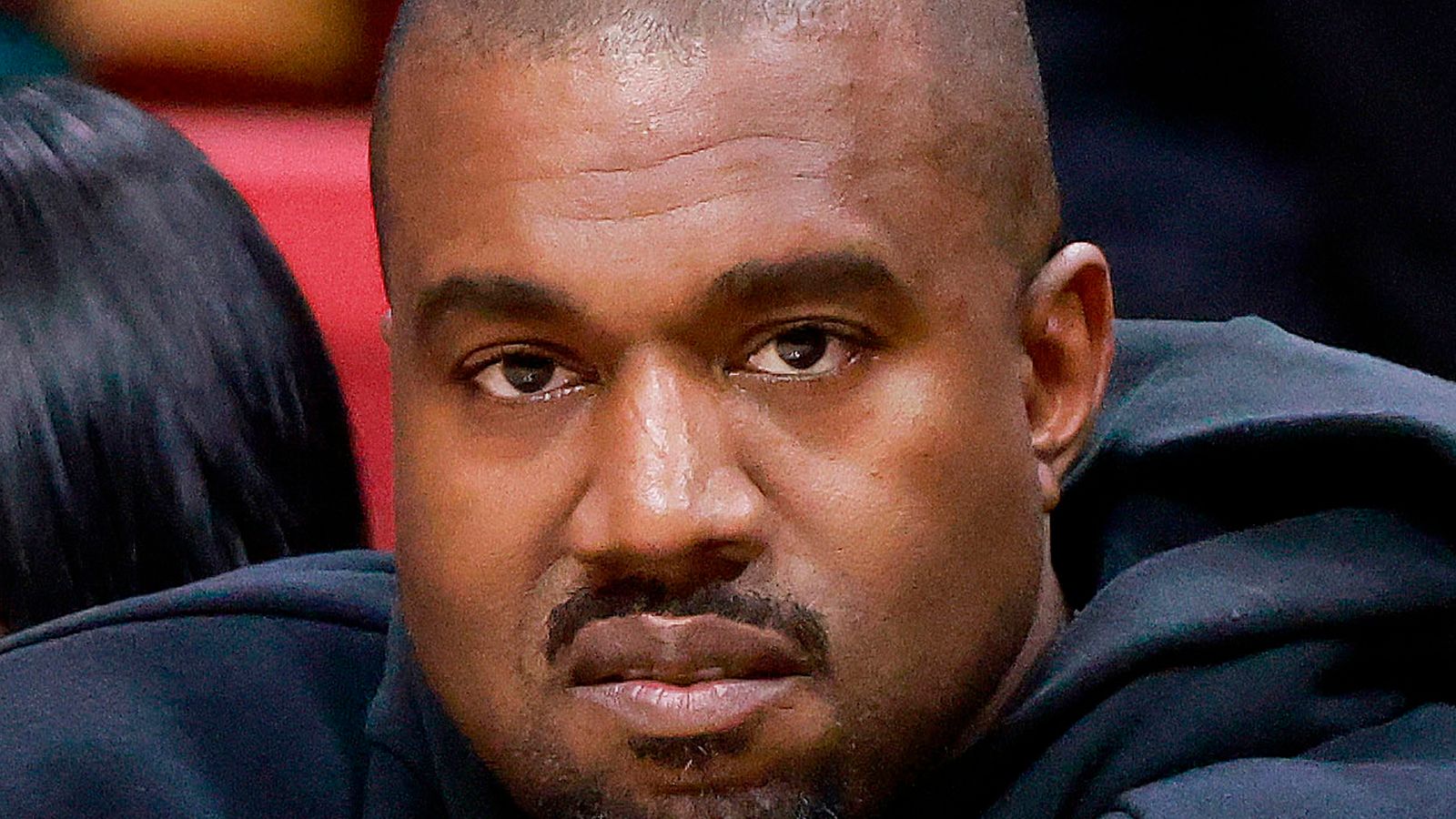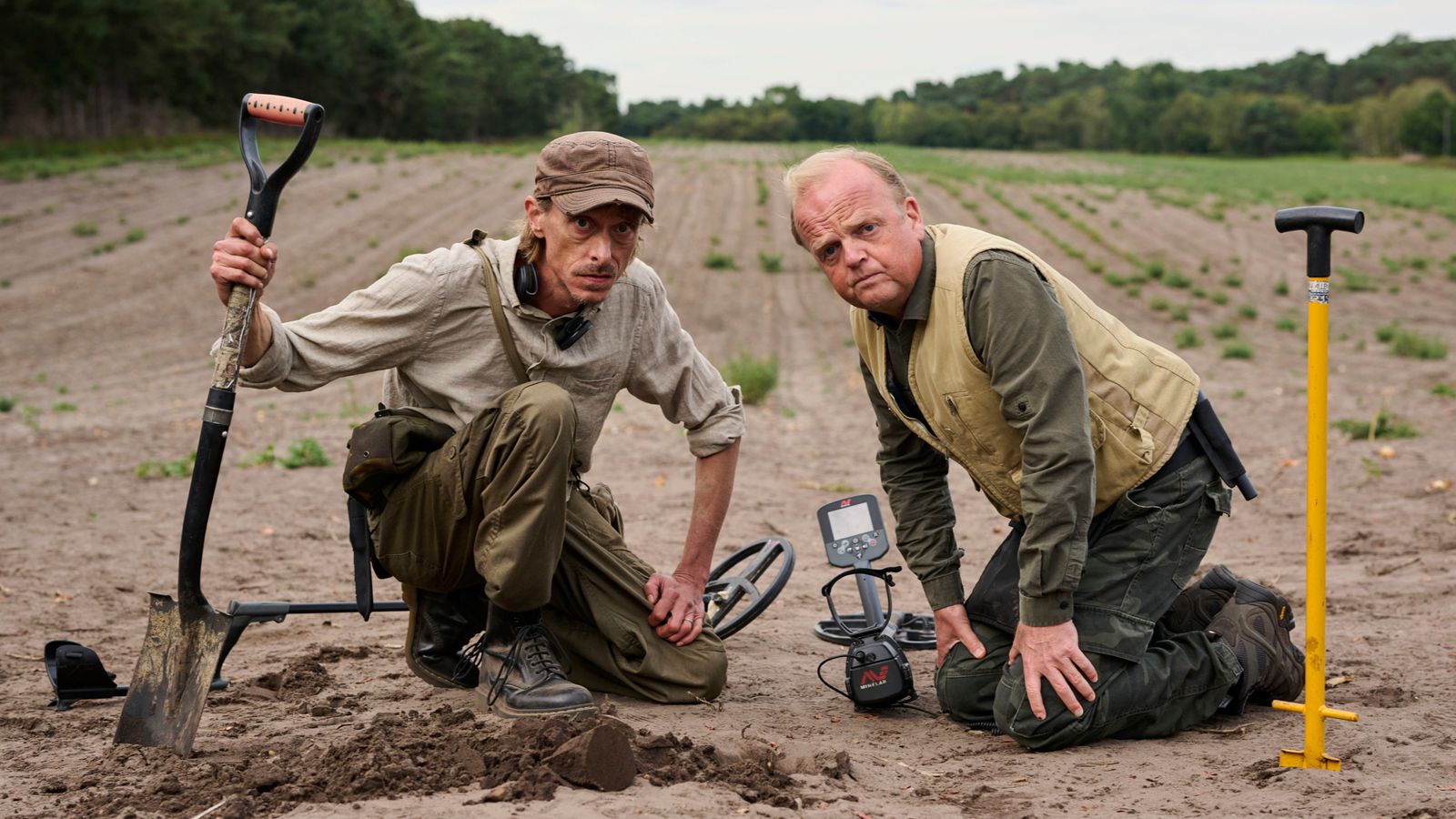After listening to almost two weeks of evidence against disgraced neurosurgeon Christopher Duntsch, the jury in Dallas, Texas, reportedly took just a few hours to find him guilty of maiming patients.
Following at least a year of botched surgeries, which resulted in the deaths of two patients and left dozens of others paralysed or seriously injured, he was sentenced to life in prison in February 2017.
The conviction was based on one victim but Duntsch had been accused of wide-ranging malpractice that included improper placement of screws and plates along patients’ spines, a sponge left in another patient and a major vein cut in another, according to an Associated Press report from the time. Records also showed that he operated on the wrong part of a patient’s spine, damaged nerves, and left one woman with chronic pain and dependent on a wheelchair.
The story of “Dr Death” and how he was able to continue his work before his licence was finally revoked is the stuff of nightmares. When a patient is lying on an operating table, they are putting their life in a medical team’s hands; the surgeon in charge is not supposed to make mistakes.
But Duntsch did, over and over and over, and the story of how he was able to continue working has now been dramatised in a series starring The Affair and Dawson’s Creek star Joshua Jackson as the titular Dr Death, and Christian Slater and Alec Baldwin as two physicians who fought to expose him.
Slater – known for films including True Romance, Heathers, Pump Up The Volume and Robin Hood: Prince Of Thieves in the late ’80s and early ’90s, and more recently in TV series such as Mr Robot and Dirty John – plays one of those real-life doctors; vascular surgeon Randall Kirby, who he met after shooting on the show had finished.
“It’s a horrifying story,” Slater tells Sky News. “[It’s] very scary that someone like this could get away with what he was doing for so long. He’s a real performer, was able to kind of play the part but lacked all the skills necessary in order to really perform those surgeries.
“[Dr Kirby] said that Dr Christopher Duntsch, he shouldn’t have moved beyond operating on mice. That should have been where his career stopped, he never should have been allowed to operate on human beings.”
Over eight episodes, Dr Death tells the story of a rising star in the Dallas medical community, a man who promised to change the lives of patients suffering from spinal issues. A man who thought he could play God. At best he was woefully inept but arrogant and completely misguided; at worst he was evil.
It was “incompetence mixed with ego, narcissism – a sociopath”, says Slater, based on his conversations with Dr Kirby. “He [Kirby] saw him in that regard. He got to witness Christopher Duntsch at work. He stood over a body and watched him perform with such ineptitude that it horrified him and scared him. Those are the moments within the show that are horrifyingly true and as accurate as we could possibly make them.”
As a viewer, it is not just what you see on screen but what you can hear that makes the show so terrifying, and gruesome. “The sounds… they stayed with me after we would finish shooting the scenes, they’re still in my brain,” says Slater. Fortunately, behind their surgeons masks, they were able to keep the mood light. “Of course, we take it seriously, but there is an element of humour that comes along with it because both Josh and I are so inept at being doctors that, you know, behind our masks we’d be laughing quite a bit.”
As well as examining Duntsch and his catalogue of horrors, the series also looks at the American healthcare system and how the malpractice was able to continue; how he moved between clinics, which enabled him to work for longer, and how profit was put above patients.
“Our healthcare system is one that has been examined and questioned for such a long time now and it’s one that is in desperate need of revisions,” says Slater. “The scary thing is Christopher Duntsch was able to take advantage of a part of the healthcare system that is not only designed to protect the patients, but also the doctors. And with that, he was able to kind of skirt through the system, and the system just kept kicking the can down the road, and he was able to continue to be enabled and get away with what he got away with for so long.”
People put medics “on pedestals and we treat doctors as gods and forget that they’re human beings and, you know, they are fallible and they will make mistakes”, he adds. Duntsch was an extreme case of that.
Ego, greed, narcissism; traits that can apply to people in power in all walks of life, including Hollywood. When I ask Slater if he has come across any similar figures, and how he has dealt with them, he seems to allude to the US’s most recent former president, Donald Trump, rather than anyone in the entertainment industry.
“It’s not always easy, particularly when you have someone who is coming from a place of such delusional thinking and they’re in one of the highest offices in the land,” he says. “I feel like that’s what it’s been like for the last four or five years, that we’ve just been living in delusion land and moved so far away from honesty. Narcissism and sociopathic behaviour has been enabled for a long time now. And I can’t wait until we move through that process.”
And as something of an industry veteran, what does Slater know now that he wishes he’d known when he first started acting in the 1980s?
“I think to appreciate all the moments. I think I’ve learnt in retrospect that I’ve been very, very fortunate in my career, very, very lucky. I’ve had great opportunities to work with some pretty amazing people. And it really is only in retrospect that you realise how special some of these experiences really were. So today, I think I’ve learnt to be in the moment as much as possible and appreciate every aspect of what it is that I get to do.”
Which includes Dr Death. Slater asks how much I’ve seen; I tell him I’ve just finished episode three.
“Wait till you get to episode eight,” he says. “They get scarier and scarier.”
Dr Death is out on Starzplay in the UK from 12 September

